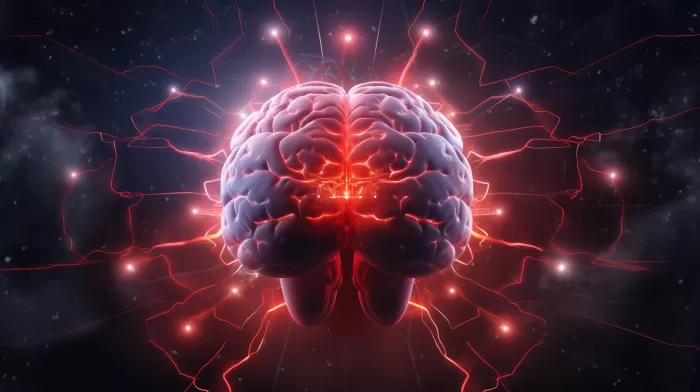Chronic pain affects over 76 million Americans, wreaking havoc on their lives by sapping energy, decreasing quality of life, and generally causing severe discomfort. The causes of chronic pain are numerous, including migraines, back pain, cancer-related pain, fibromyalgia, arthritis pain, and nerve pain. In addition to making life difficult, chronic pain also exposes an individual to other health problems.
Recent research indicates that chronic pain can have a serious negative impact on brain health, even contributing to the development of dementia.
Chronic Pain and Cognitive Decline
In a 12-year study conducted by researchers at the University of California, San Francisco, it was discovered that participants who frequently experienced moderate to severe pain exhibited a more rapid decline in cognitive ability as they aged. Over 10,000 participants were studied, and those who suffered from chronic pain had a 9.2 percent faster decline in memory function than those who did not experience daily pain. Chronic pain sufferers were also found to be at a higher risk of developing dementia.
Though the exact mechanisms by which chronic pain affects the brain remain unclear, researchers have a few theories. One idea is that severe pain can consume an individual’s attention, interfering with the brain’s ability to transmit information into long-term memories. Another theory is that chronic pain triggers stress pathways in the brain, thus increasing the risk of various diseases, including dementia.
Some researchers speculate that the brain-damaging effects of chronic pain may be attributed to pharmaceutical pain treatments, such as opioids. Interestingly, the use of non-steroidal anti-inflammatory (NSAID) drugs like aspirin instead of opioids has also been associated with an increased risk of dementia, though NSAIDs are known to be linked to other health risks as well.
Alternative Pain Management Strategies
While conventional healthcare providers may often recommend prescription pain pills to alleviate chronic pain, alternative medicine offers a variety of options that could ameliorate or even eliminate chronic pain altogether. Herbal anti-inflammatory treatments, such as ginger, turmeric, and capsaicin, have been proven to reduce chronic pain. Body-based therapies, including massage, acupuncture, acupressure, and chiropractic adjustments, are also effective methods of managing pain.
Mind-based therapies can be employed as well, including progressive muscle relaxation, biofeedback, and guided imagery. While determining the appropriate treatment for chronic pain may involve some trial and error, partnering with a natural health practitioner can provide valuable guidance and support in seeking relief from chronic pain. By managing chronic pain through alternative methods, individuals can lower the risk of exposing their brain to the potentially harmful effects associated with long-term pharmaceutical use.



